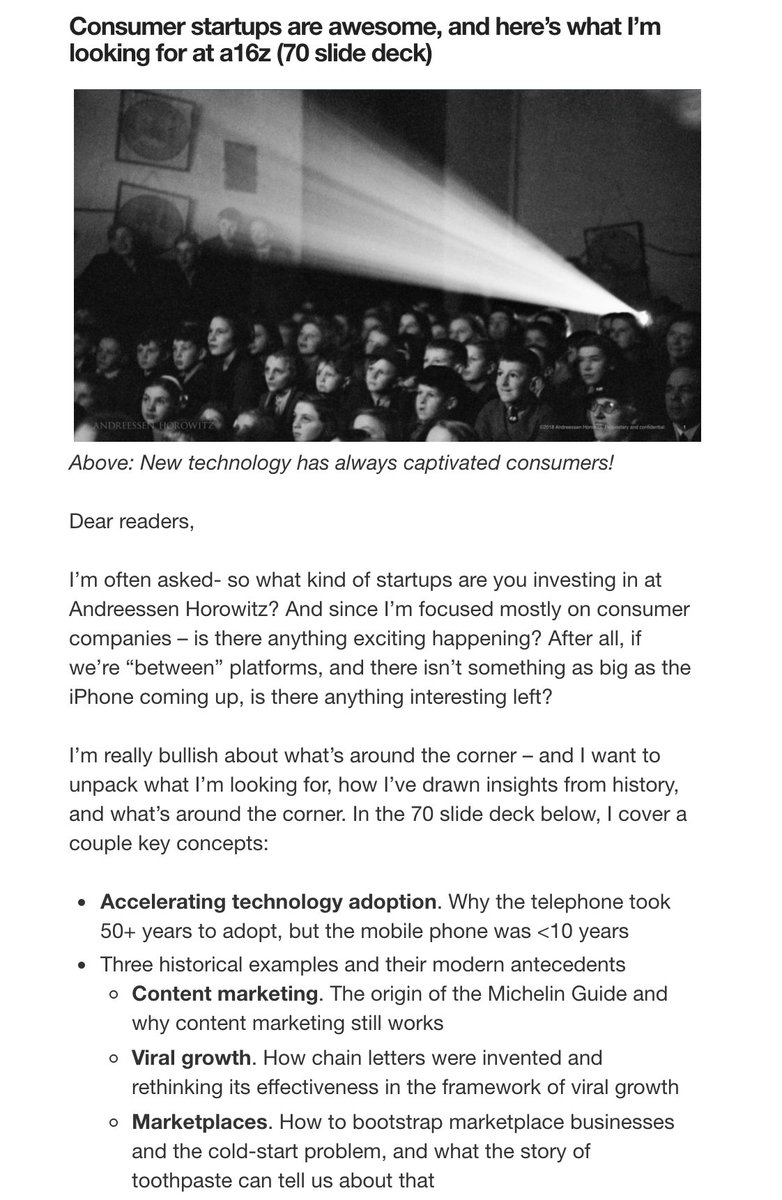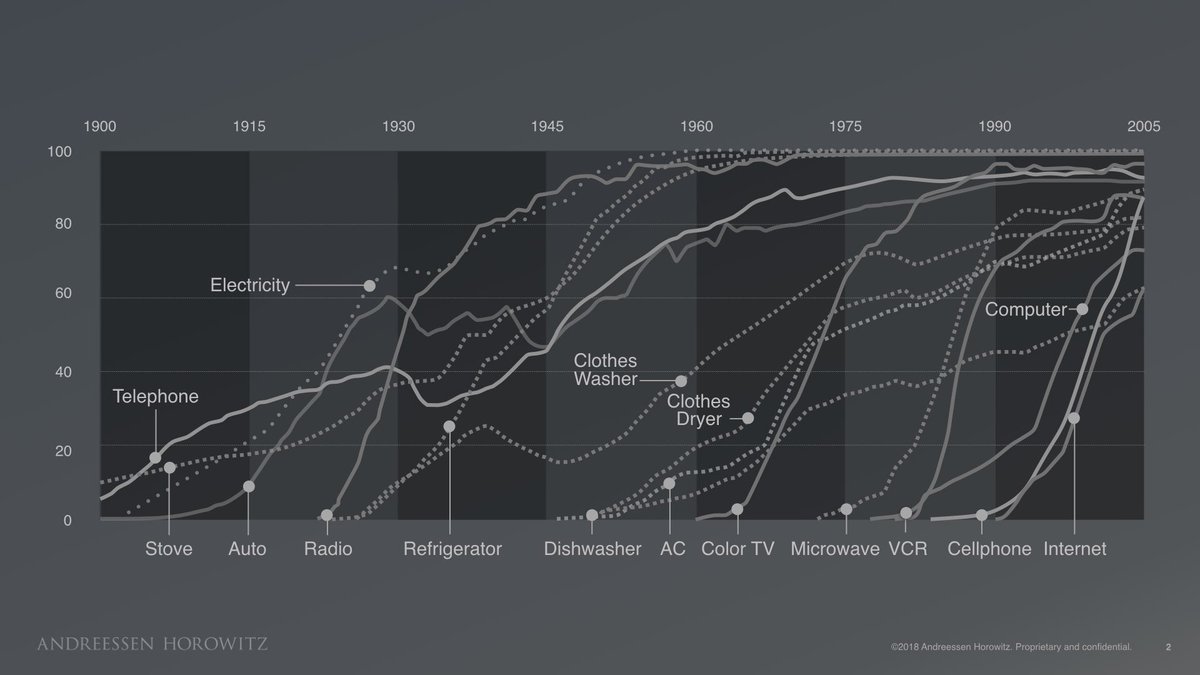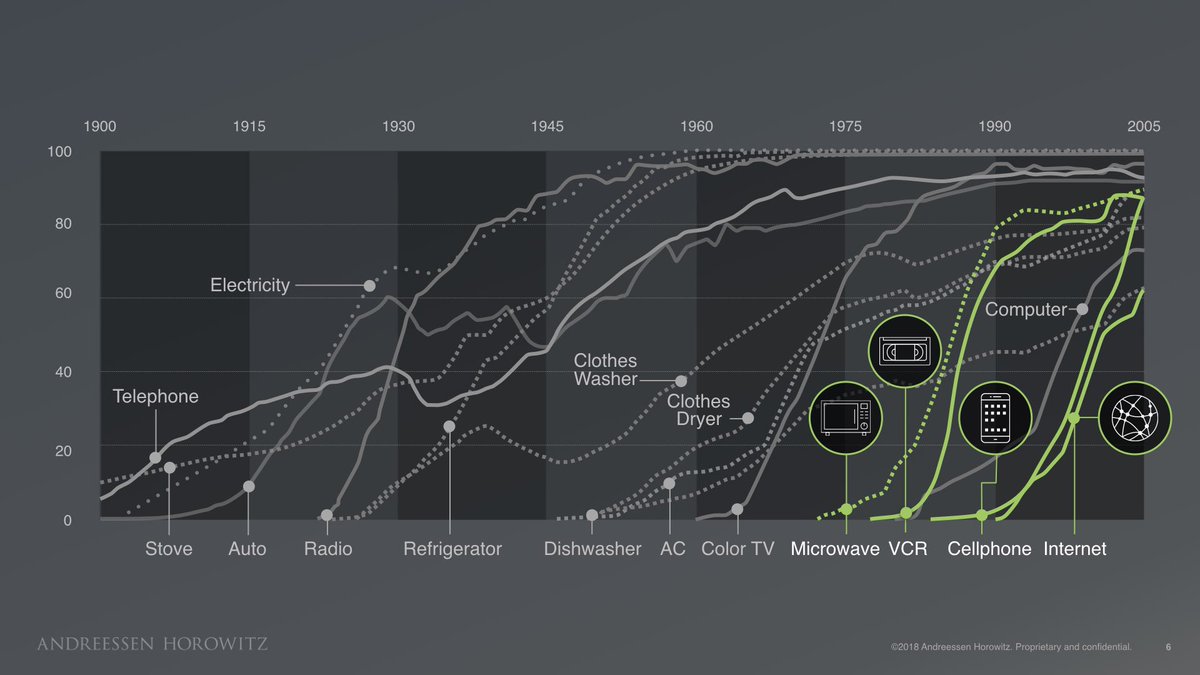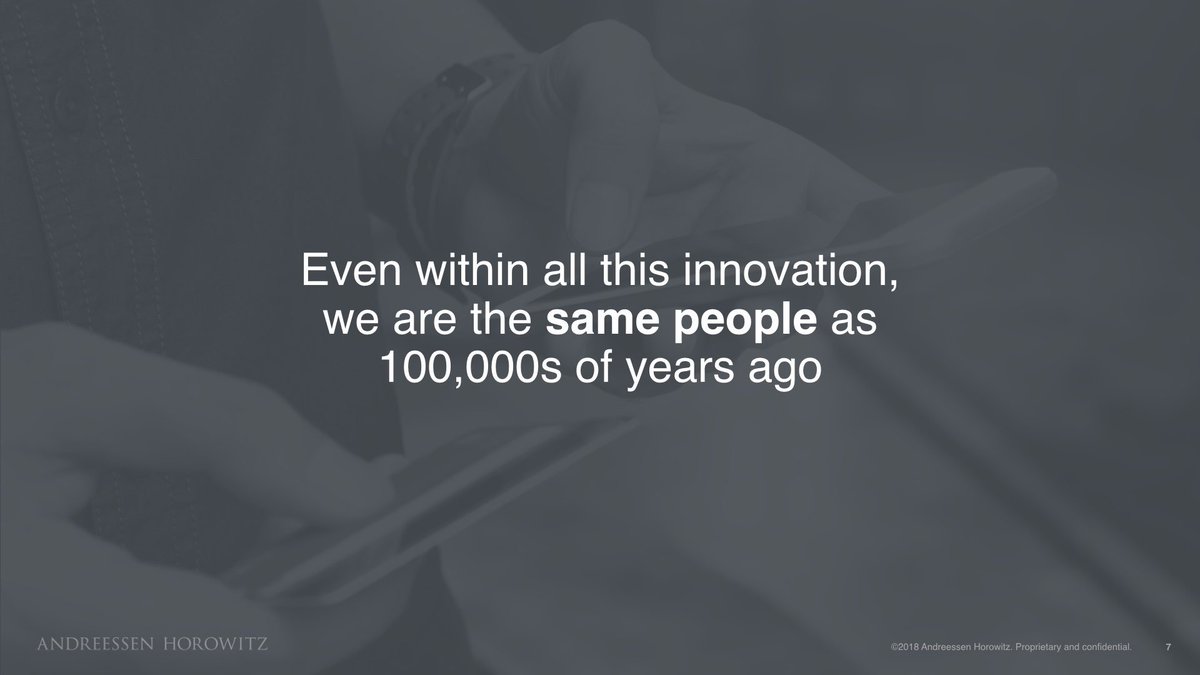I wrote about the exceptional opportunity in US NatGas about a week ago, and things are moving quickly...
Let’s do an update and go through some exciting developments. In short, the picture for NatGas continues to improve from all angles.
A thread.
Time for a thread about US NatGas and why it will surprise to the upside...
— BVDDY (@BvddyCorleone) October 22, 2020
There\u2019s an exceptional opportunity setting up in the energy space, in particular for US NatGas and related equities.
I\u2019ll explain the setup in this thread and also reveal my top pick. \U0001f920
More from Economy
What do a Tory Peer, Selwyn Gummer (Lord Chadlington), David Sumner ( Sumner Group Holdings) and the Sanchez Perez family (drugs money, laundered through Gold mines) have in common?
It’s another company-saving a £50 million PPE contract shaggy dog story
Connections, connections
What a start to the story
“A bulletproof truck trundled down the road in downtown Lima, guarded by 18 policeman
They were wearing body armour & wielding high velocity rifles
No-one was taking any chances
This was a Special delivery for Peruvian Prosecutor for an anti drug trial

That was in 2011, the same year that Lord Chadlington’s daughter got married in Chadlington to Henry Allsopp.
Who was there?
Yes Kirstie Allsopp of Location, location, location and all this Covid nonsense fame) is his sister
Camilla, his Godmother
Jeremy Hunt
Cameron

Well. Come on. Lord Chadlington had been chair of the local Witney Conservative Association. It’s only fair.
Hang on. Julian Wheatland, Director of SCL Group/ Cambridge Analytica had also been chair of Witney Conservative Association...and campaigned for his mate Cameron
Are we sure Julian Wheatland and his side kick Alexander Nix were not there too @JolyonMaugham ?
I mean. They move in the same North Oxford circles.
It’s another company-saving a £50 million PPE contract shaggy dog story
Connections, connections
The *staggering* tale of a Tory Peer and a \xa350m PPE contract. https://t.co/SH2qxOmfQ4
— Jo Maugham (@JolyonMaugham) December 10, 2020
What a start to the story
“A bulletproof truck trundled down the road in downtown Lima, guarded by 18 policeman
They were wearing body armour & wielding high velocity rifles
No-one was taking any chances
This was a Special delivery for Peruvian Prosecutor for an anti drug trial

That was in 2011, the same year that Lord Chadlington’s daughter got married in Chadlington to Henry Allsopp.
Who was there?
Yes Kirstie Allsopp of Location, location, location and all this Covid nonsense fame) is his sister
Camilla, his Godmother
Jeremy Hunt
Cameron

Well. Come on. Lord Chadlington had been chair of the local Witney Conservative Association. It’s only fair.
Hang on. Julian Wheatland, Director of SCL Group/ Cambridge Analytica had also been chair of Witney Conservative Association...and campaigned for his mate Cameron
Are we sure Julian Wheatland and his side kick Alexander Nix were not there too @JolyonMaugham ?
I mean. They move in the same North Oxford circles.




























